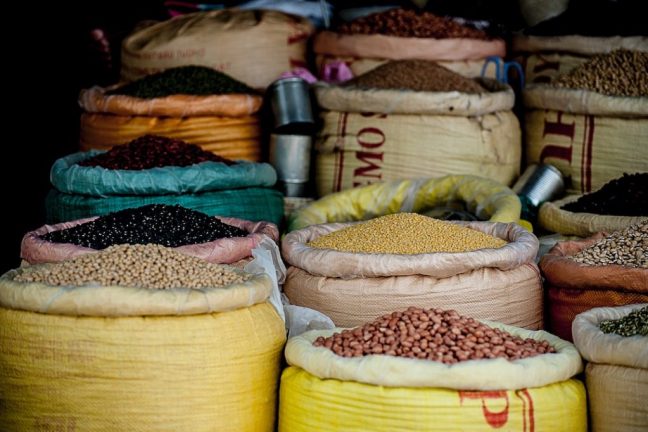Zoonotic diseases are nothing new and are often the cause of large outbreaks which cause great harm to humans and other animals. It’s speculated that the recent COVID-19 coronavirus popped into existence due to close animal – human contact in Chinese wet markets. History as shown us that wherever there is frequent, close contact between animals and humans there is an increase in the likelihood of new diseases. This has led to scientists calling for reduced meat conniption with the thinking that if eat less meat than the potential for human-animal transmission is reduced in markets and processing facilities.
This shouldn’t be that big of a challenge since people are already reducing their meat consumption and in Canada 10% of the population is vegetarian or vegan.
It is clear that the origins of these pandemics are not restricted to certain countries or certain practices, such as “wet-markets.†For some researchers, including Swedish chief physician and infectious diseases professor Björn Olsen, stemming rising demand for meat and dairy is a necessary part of reducing our risk for pandemics.
Olsen, who is well known for being an early critic of his government’s COVID-19 response, is now becoming known for another early warning — one he has been making in books and articles for nearly 10 years now. In a recent interview in Swedish, Olsen notes that pandemic viruses have all arisen where animals and humans meet, and raising billions of animals as food will have effects.



